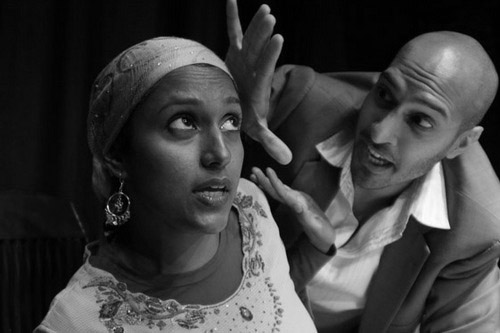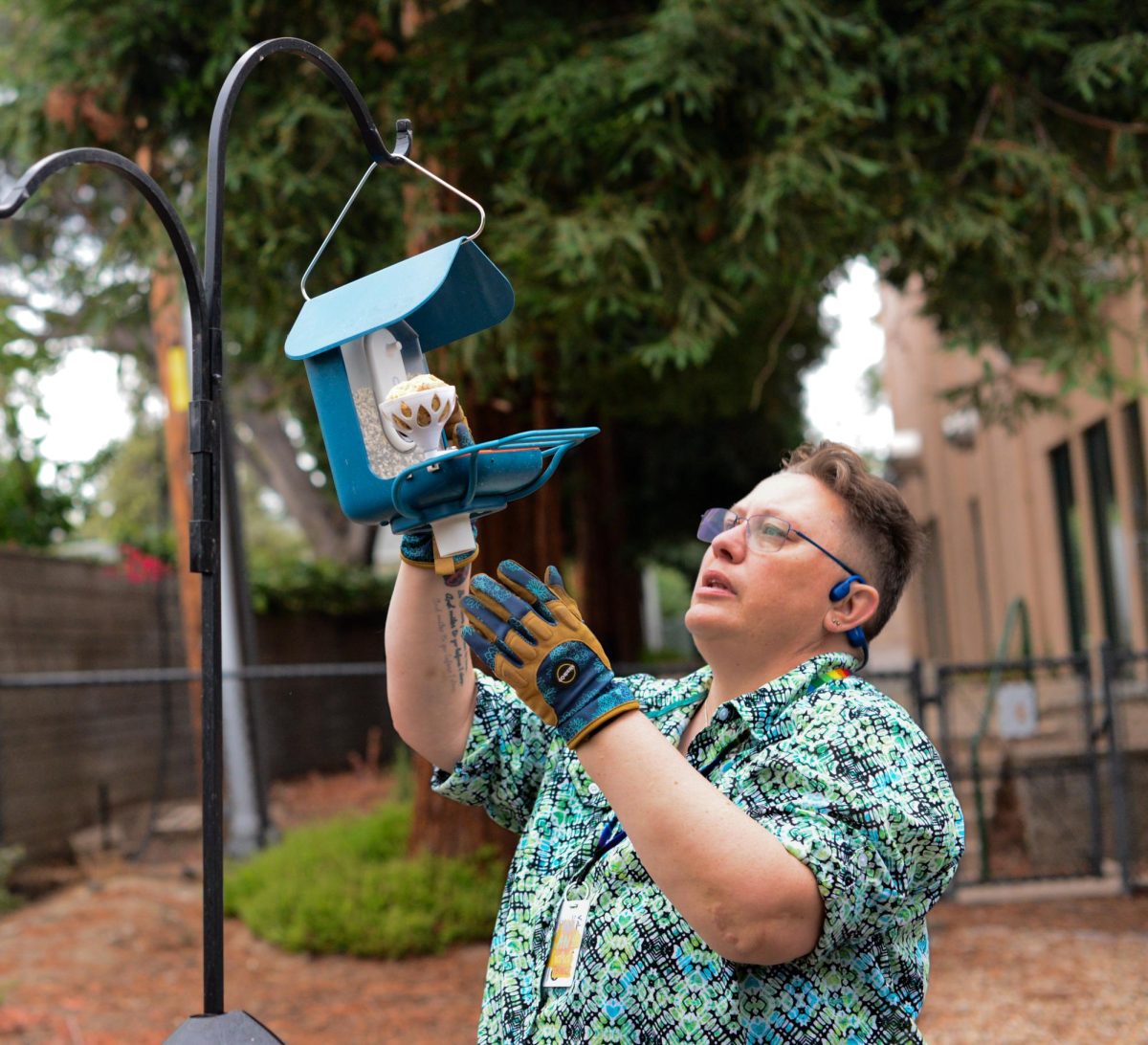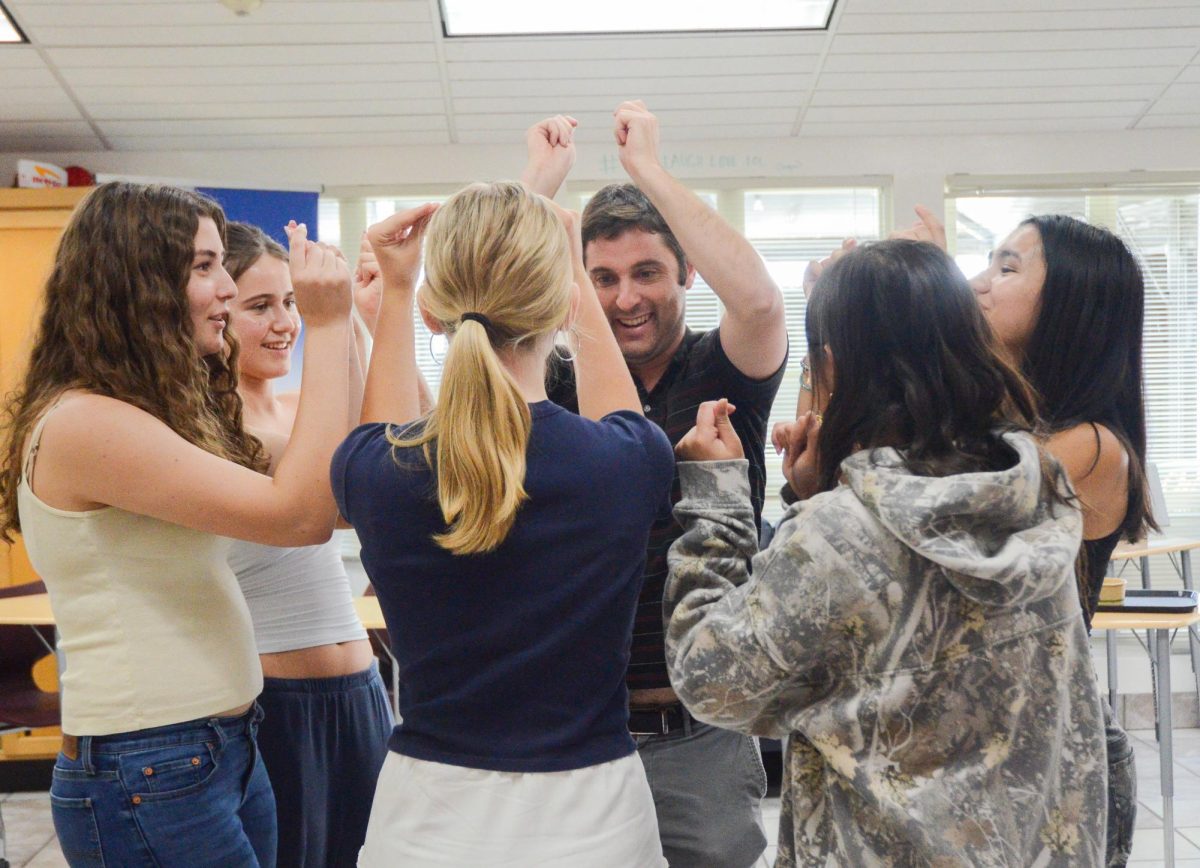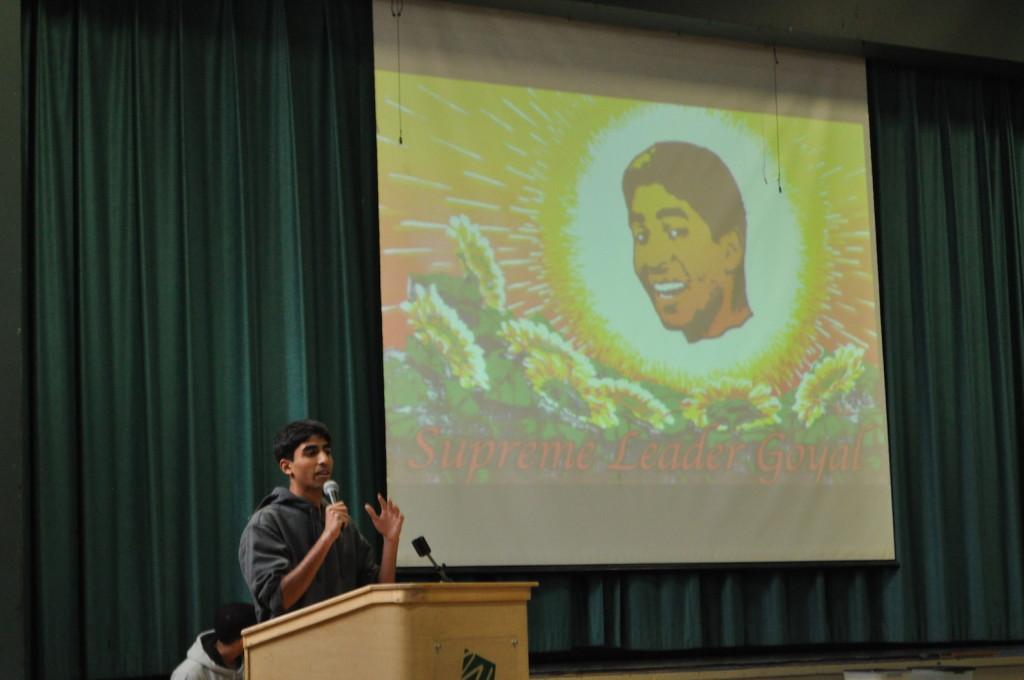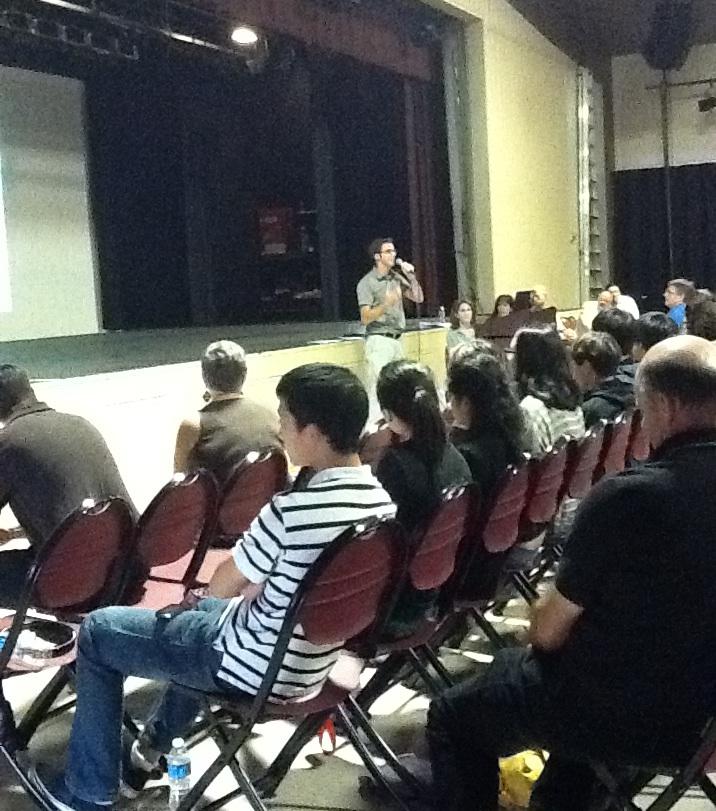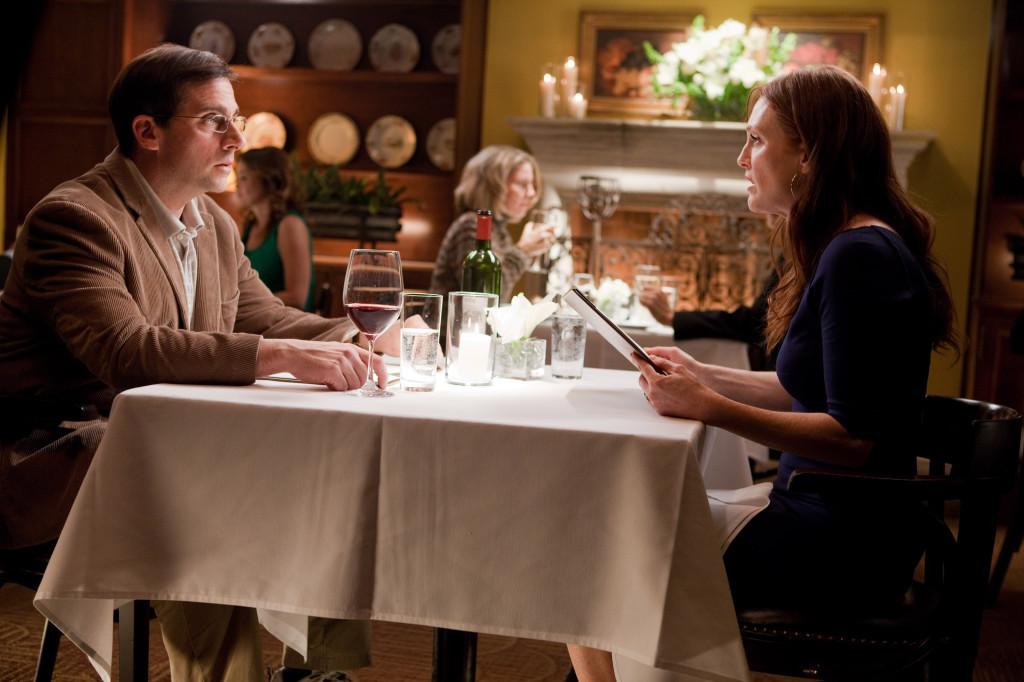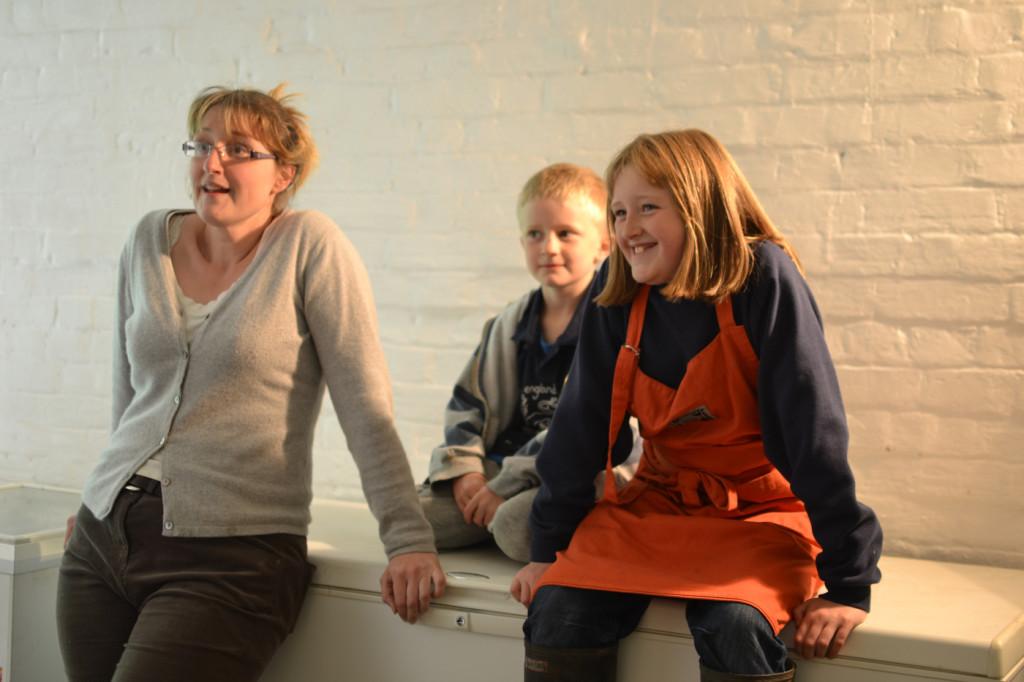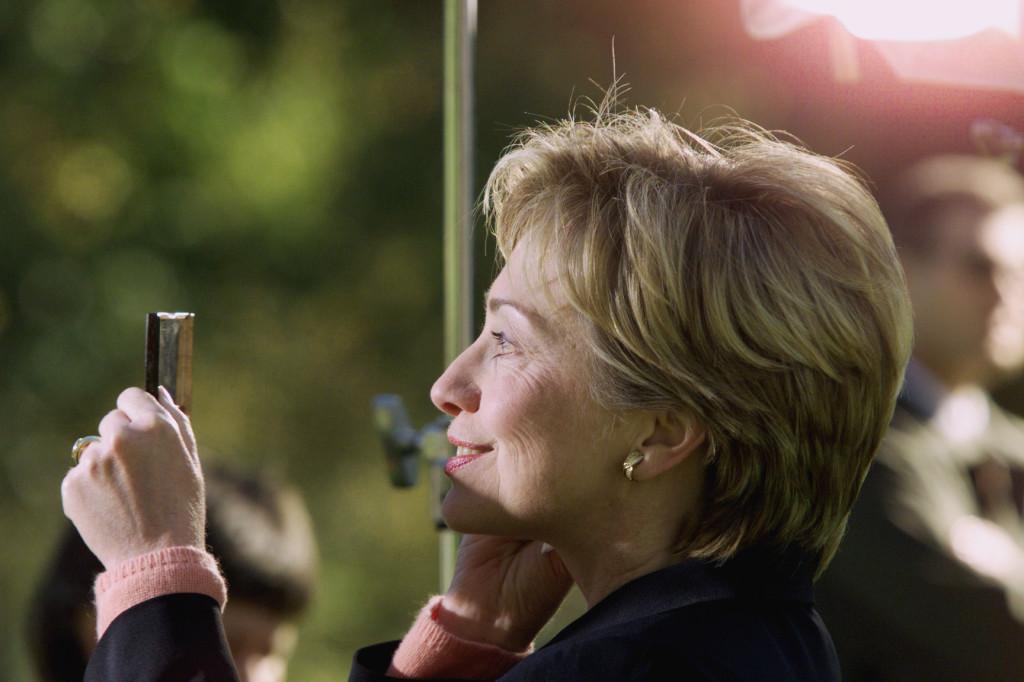Wajahat Ali does not know what he wants to be when he grows up. It is without a doubt, though, that he will refuse to settle for just one thing.
In the 30 years of his life, he has fought a winning battle against being boxed in by a narrow occupation. He is a playwright, a lawyer, an editor, and a consultant. He speaks with the verbal flourishes of a writer but still inserts “dude” into sentences for emphasis. He tells the story of Muslim-Americans through art but does not consider himself a reactionary.
And it all started with a short story writing class he decided to take “on a fluke” in 2001.
Ali was a senior at UC Berkeley when his advisor told him to finally declare an English major and sign up for the class. Without too much consideration, he picked an Ishmael Reed as his teacher and began by presenting his story of a female mosquito ranting about being single.
Then, the infamous tragedy of September 11 struck. Ali, a Pakistani-American who was involved with the Muslim Student Association, had his world turned upside down.
“I literally became 80% activist, 20% student for that year, and I didn’t go to school for three weeks because there was so much chaos to deal with on the national level, on the local level,” he said.
Eventually, he had to make a return appearance in his writing class to present a second story. Reed told Ali to meet him after class.
“I thought he would chew me out and yell at me for not going to school, but instead what he said was, ‘Listen, you’re a natural playwright – dialogue and characters are your strengths – I don’t think you should waste your time in this short story class,’” Ali said.
Reed stopped him from attending class and instead told him to turn in 20 pages of a play to pass.
“I thought he was crazy. I never in my life would have imagined ever writing a play, ever!” Ali said. “[My professor] told me, ‘Listen, I see the news and I see Muslims not getting a fair shake. There needs to be more nuance. I think it’s important for people to tell their own stories, so I want to hear the Muslim-American story.”
There. That was the mandate for Ali to write a traditional family drama, featuring a Muslim-American family. A couple of months later, The Domestic Crusaders was born.
Reed liked the play so much that every couple of months, he would ask for five more pages. It was finished on Ali’s 23rd birthday in 2003, exactly two years after his beginning on his 21st birthday.
Carla Blank, Reed’s wife, became the director and dramaturge for The Domestic Crusaders project when Reed insisted on a staged reading.
They converted Mehran Restaurant into “Mehran Dinner Theater” for a night in April 2004, presenting a show and a buffet for $10 to their community. At first, Ali’s family and friends laughed at his efforts.
Ali explains the derision by many immigrant communities’ admiration of “the holy trinity” of careers: being a doctor, engineer, or wealthy businessman is ideal, while “no one really cares about artists, and writers, and journalists.”
“The Muslim-American community, like any other, is evolving, growing, making mistakes […] At that time, no one saw the value – they were like, why don’t you do protests?” he said. “Six years later, they don’t laugh at me. The same people support me, which is very inspiring.”
Luckily, 350 people ended up attending the staged reading, and they even turned 50 away.
“I thought I was finished and now Ishmael Reed said, ‘Okay, now you’ve got to do it in a professional theater,’” Ali said.
So, in 2005, The Domestic Crusaders premiered at the Berkeley Repertory Theater and at the San Jose University Theater.
The “snowball effect,” as Ali calls it, led to the eventual debut of the play on Broadway at the Nuyorican Poets Café on September 11, 2009. The audience was a packed house of New Yorkers who gave the cast a standing ovation.
“[Muslim-Americans], too, are a part of the [American] cultural fabric and we, too, have a story, and I think a way to honor the memory is to not sidestep the conversation,” he said, pointing out that there was no criticism regarding the potentially sensitive premiere date. “We want to confront a tragedy like that head-on and hopefully draw some good from it.”
After breaking the venue’s box office records for the past 40 years in a five-week run, The Domestic Crusaders was invited to Canada, back to Berkeley, and finally to Washington D.C.’s Kennedy Center in November 2010.
350 people watched, even though there were only 220 physical seats.
Two months later, Ali was proud to hold something tangible in his hands the day after his 30th birthday: The Domestic Crusaders in book form, published by McSweeney’s.
“I just found out that the play is being taught,” he said. The institutions involved include the University of Minnesota, Loyola University Chicago, a school in Pakistan, and, beginning this summer, UC Berkeley.
“There’s a lot of interest [in producing it all over the world], but it’s all a matter of just getting your ducks lined up,” Ali said.
That far-reaching interest in The Domestic Crusaders can be attributed to its topicality and the universality of its characters.
“People were like, what’s up with Muslims? What’s up with Pakistanis? So, at the back of my mind, I always knew that the play would have an international audience […] and I was really excited about the play and it’s potential, but I just didn’t really know if it would get [to Broadway]. But at the same time, I did, so it was kind of two conflicting feelings residing inside me.”
In the end, Ali believes he did not intend to make a strong political statement through the piece.
“I just wanted to tell a good story. I’m not a reactionary, protesting type of guy – at the end of the day, you want people to come and pay money, and you want them to leave saying, ‘I had a great time.’ Secondly, we do live in very interesting, topical, reactionary times where there’s a lot of hysteria and ignorance that prevails on all sides, and art can have a great ability to bridge the divide and heal the wounds.”
Some people have come up to Ali and told him that they had never heard a Muslim speak before, while others relate to the characters even outside of their Muslim identities. Still others – parents – come and tell Ali that seeing The Domestic Crusaders encouraged them to support their children in wanting to write.
One of his most fulfilling moments was when he was standing on the stage after the final show in New York.
“It wasn’t about the money or the fame; it was just the feeling, if you will, of vindication and fulfillment, which is a feeling most people don’t get in life,” Ali said.
Among his various awards, including being invited to a State Department dinner, Ali was very happy to receive a Distinguished Alumni award from the school last summer.
Yes – Ali is an alumnus, having attended the school between 2nd grade and 8th grade before a high school even existed. He even remembers writing an essay for English teacher Sharron Middlestet in 6th grade, running into her in a movie theater ten years later, and her remembering him.
“A lot of the friends I made at Harker, I still hang out with them,” he said.
The advice he would give to a student perhaps deserves a play of its own.
“Don’t be afraid to make mistakes – number one. If you don’t take a risk in life, you’ll never know. I’ve searched and traveled everything […] there’s no rule written anywhere in this universe that says you have to be just one thing or that you have to be defined by your occupation. You can be a doctor, and you can be a teacher and you can be a social activist, and you can be a mom, and you can be a poet,” Ali said.
And finally, he revealed the motivation that keeps him going through the uncertainties and the questions of going down a relatively uncharted path.
“When everything else fails, what I think about is, would I ever forgive myself for being an old man who looks back on his life, filled with regret, asking ‘what if? What if I had only done it?’ And the answer for me is no. […] If I ever get to that point and I look back and I say, ‘I failed miserably, but I tried,’ I would at least not have that guilt and that regret. […] When all else fails, I refuse to be that old man.”


















![“[Building nerf blasters] became this outlet of creativity for me that hasn't been matched by anything else. The process [of] making a build complete to your desire is such a painstakingly difficult process, but I've had to learn from [the skills needed from] soldering to proper painting. There's so many different options for everything, if you think about it, it exists. The best part is [that] if it doesn't exist, you can build it yourself," Ishaan Parate said.](https://harkeraquila.com/wp-content/uploads/2022/08/DSC_8149-900x604.jpg)




![“When I came into high school, I was ready to be a follower. But DECA was a game changer for me. It helped me overcome my fear of public speaking, and it's played such a major role in who I've become today. To be able to successfully lead a chapter of 150 students, an officer team and be one of the upperclassmen I once really admired is something I'm [really] proud of,” Anvitha Tummala ('21) said.](https://harkeraquila.com/wp-content/uploads/2021/07/Screen-Shot-2021-07-25-at-9.50.05-AM-900x594.png)







![“I think getting up in the morning and having a sense of purpose [is exciting]. I think without a certain amount of drive, life is kind of obsolete and mundane, and I think having that every single day is what makes each day unique and kind of makes life exciting,” Neymika Jain (12) said.](https://harkeraquila.com/wp-content/uploads/2017/06/Screen-Shot-2017-06-03-at-4.54.16-PM.png)








![“My slogan is ‘slow feet, don’t eat, and I’m hungry.’ You need to run fast to get where you are–you aren't going to get those championships if you aren't fast,” Angel Cervantes (12) said. “I want to do well in school on my tests and in track and win championships for my team. I live by that, [and] I can do that anywhere: in the classroom or on the field.”](https://harkeraquila.com/wp-content/uploads/2018/06/DSC5146-900x601.jpg)
![“[Volleyball has] taught me how to fall correctly, and another thing it taught is that you don’t have to be the best at something to be good at it. If you just hit the ball in a smart way, then it still scores points and you’re good at it. You could be a background player and still make a much bigger impact on the team than you would think,” Anya Gert (’20) said.](https://harkeraquila.com/wp-content/uploads/2020/06/AnnaGert_JinTuan_HoHPhotoEdited-600x900.jpeg)

![“I'm not nearly there yet, but [my confidence has] definitely been getting better since I was pretty shy and timid coming into Harker my freshman year. I know that there's a lot of people that are really confident in what they do, and I really admire them. Everyone's so driven and that has really pushed me to kind of try to find my own place in high school and be more confident,” Alyssa Huang (’20) said.](https://harkeraquila.com/wp-content/uploads/2020/06/AlyssaHuang_EmilyChen_HoHPhoto-900x749.jpeg)



